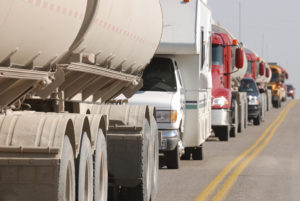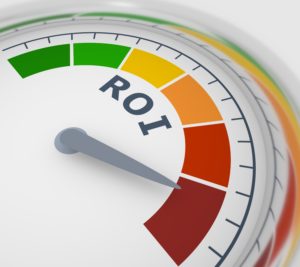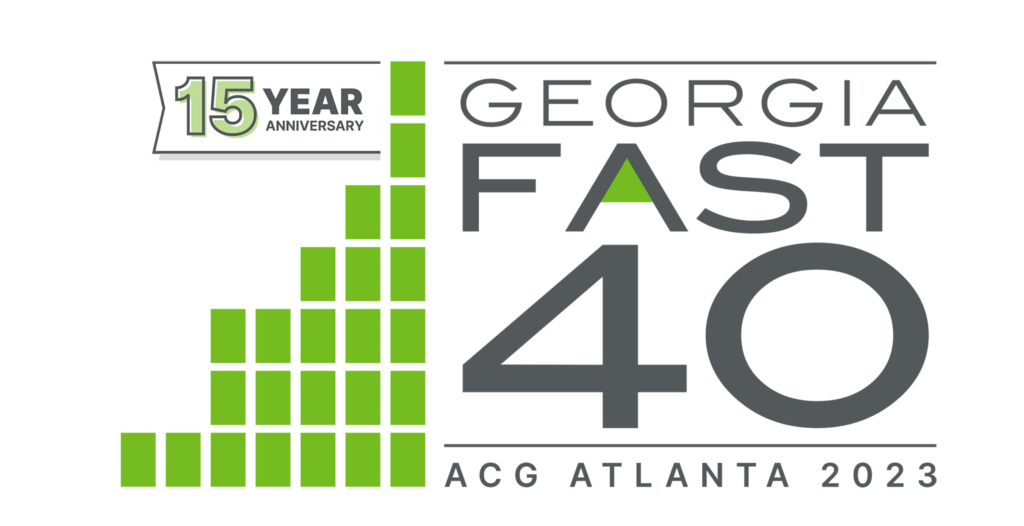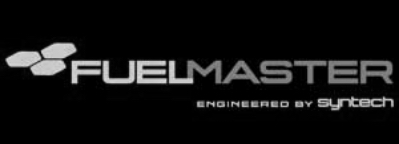
In the early 1990’s a newly formed energy company was growing rapidly. The firm dominated the energy futures trading market. It reported enormous profits and was a darling of Wall Street. The company’s balance sheet reported over $60 billion in assets. The company was Enron.
Enron aggressively pursued accounting practices that hid problems away from prying eyes. In the early 2000’s, analysts began to sound the alarm about the rosy picture the company portrayed. Enron’s financial auditor and consultant, Arthur Andersen, failed to alert investors to the reality of situation. The house of cards began to crumble. Soon both companies were no more.
The fall of Enron had a swift impact on publicly traded companies. Congress passed the Sarbanes-Oxley Act (SARBOX or SOX) in 2002. A key focus of the legislation was to enforce internal controls.
You do not need to be a publicly traded company to protection against fraud. Dangers exist. Below are steps to improve your supply chain and prevent harm.
Prove Your Deliveries
Another scandal made an impact on the fuel industry in 2007. Executives from two New York-based fuel trucking firms plead guilty to a “skimming” scheme. Skimming involved holding back portions of fuel deliveries. They invoiced the customer for the full truck amount, but held back, or “skimmed”, portions of the fuel to be sold elsewhere for cash. Authorities believed the practice lasted more than 17 years and accounted for $75 million worth of heating oil.
Scripture tells us in Jeremiah 7:9-10a (NKJV), “’The heart is deceitful above all things and desperately wicked; Who can know it? I, the Lord, search the heart. I test the mind’”. Because fuel is delivered by men, the unfortunate truth is skimming is a danger. It only takes one driver to cause problems. If the Lord God Almighty tests the hearts and minds of men, you should test the validity of you fuel invoices:
- Bill of Lading: Match fuel invoices to signed bills of ladings. Ideally, the supplier posts invoices with bills of ladings online so that your accounting group and easily connect the two.
- Tank Gauges: Use tank gauge data to confirm all the gallons invoiced were recorded by the tank gauge. Examined and explain material variances.
- Book-To-Physical Reconciliation: Anomalies can create inaccuracies in the tank gauge delivery record. Someone may have been fueling while the delivery was made. “Product sway” from the fuel delivery may lead to imprecision in the gauge reading. Conduct monthly book-to-physical reconciliations on your tanks. This exercise will reveal if shaving occurred. The process should be automated by your supplier, so it does not tax your team’s time.
Price Verification
Price validation should be an obvious control. However, “cost plus” arrangements are common in the fuel industry. In this pricing method, the supplier simply takes their invoice and add a fee to their customer. It is a very simplistic method which only benefits the supplier itself.
First, the supplier is under no pressure to purchase well. True, the supplier may overwhelm you with statistics regarding their number of supply points and daily price changes. However, having options available does not mean the supplier picked the best one for you. How do you know the supplier is not using an expensive contract to dump onto you? Second, how often and how efficiently can you prove the invoice is accurate in a “Cost Plus” scenario?
Make the supplier bear the burden of buying well. Use either an index-based price or a daily quote process where you can match prices to the invoice. If they supplier needs to unload a high-cost contract, they are most welcome to do so. However, they should pay the incremental cost of it, not you.
Fuel invoices should be downloadable in a structured format. This will allow you to use simple Excel tools to match products, delivery dates and prices. A better approach is to have both your invoices and prices exported from the supplier and imported into your system for efficient validations.
Fuel Transaction Cross-Reference
Buying fuel via mobile refueling, retail card or in a consigned fueling environment means each of your invoices is an accumulation of individual fueling transactions. The invoice should include a list of applicable transactions. Similarly, if you have a report or data extract with fueling transactions, then the supplier should include the invoice number in the data set. Ensuring your data and invoices and are properly cross-referenced will assist your internal audit team.
Consigned Fueling Validations
Consigned fueling is a tremendously valuable tool in the right application. However valuable consigned fueling may be, the value does not exempt consigned from examination. Are you seeing untimely and unexplained true ups from your vendor? Your supplier should be conducting book-to-physical reconciliations for each billing period. Do they share those with you? Is the process automated, or do they rely on an overworked accounting clerk to get around to completing it months later?
Expect more from your fuel supplier. The supplier should be able to demonstrate how your consigned invoice was derived. The price you pay should likewise not be a mystery. The supplier should provide clear and auditable invoice details on their website, so your team does not have to hunt for them.
Do you need assistance improving the transparency of your fuel supply chain? Can you prove you are paying your supplier appropriately? Are you exposed to driver theft?
Diversified Energy Supply knows many of our customers are publicly traded and subject to regulated controls. We also know that the regulated controls can be prudent for companies that are not publicly traded. DES’ invoices, data, reports, and online tools are designed to provide you with the transparency needed to implement proper controls. Let us show you how.


